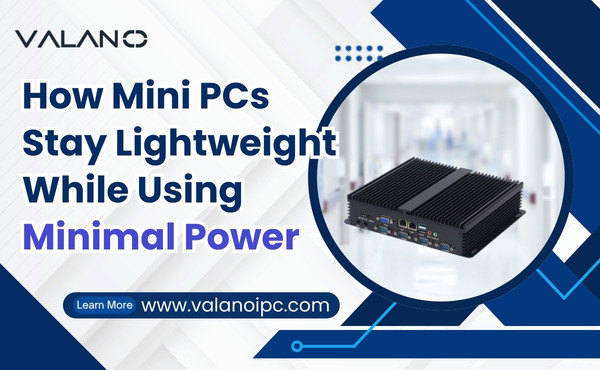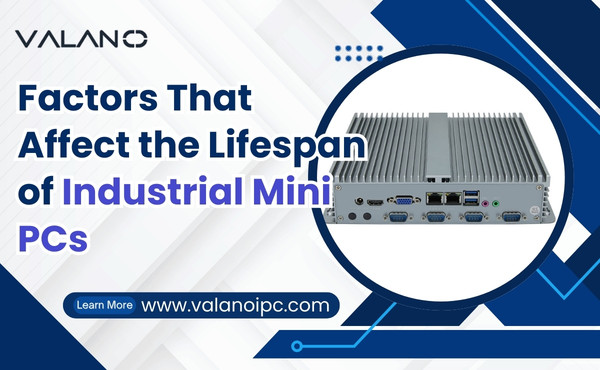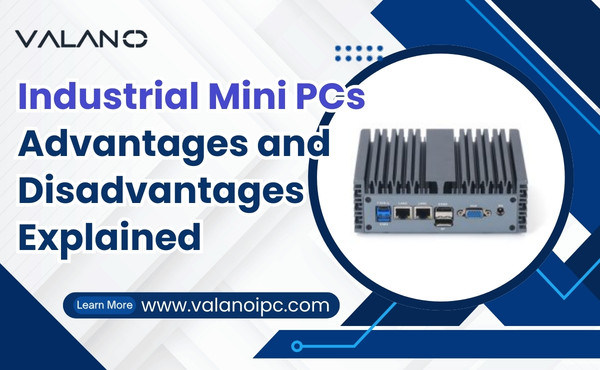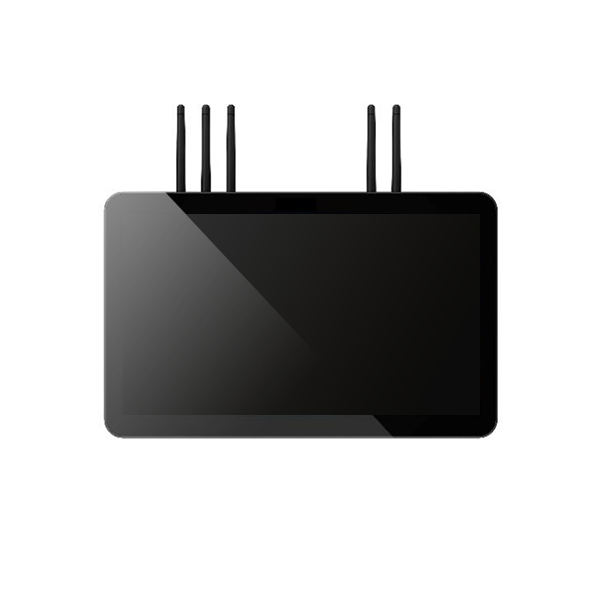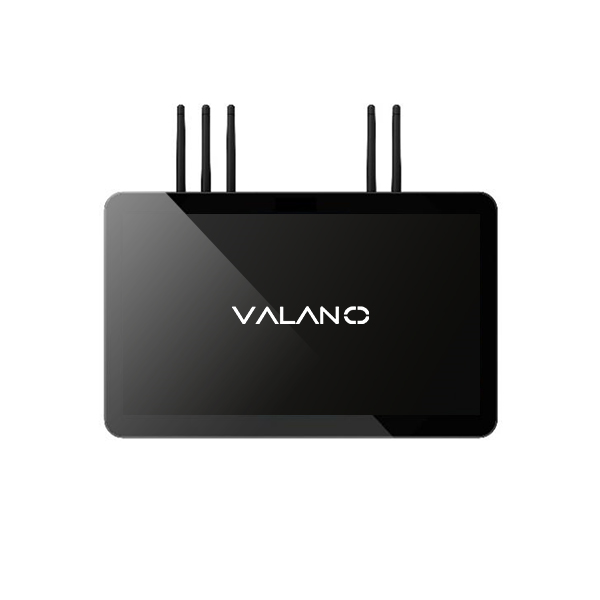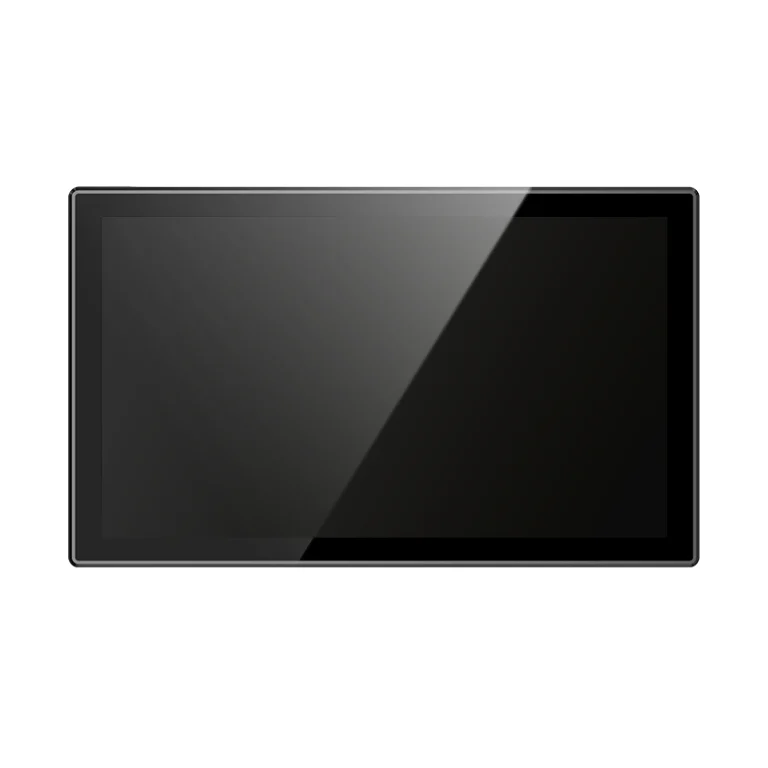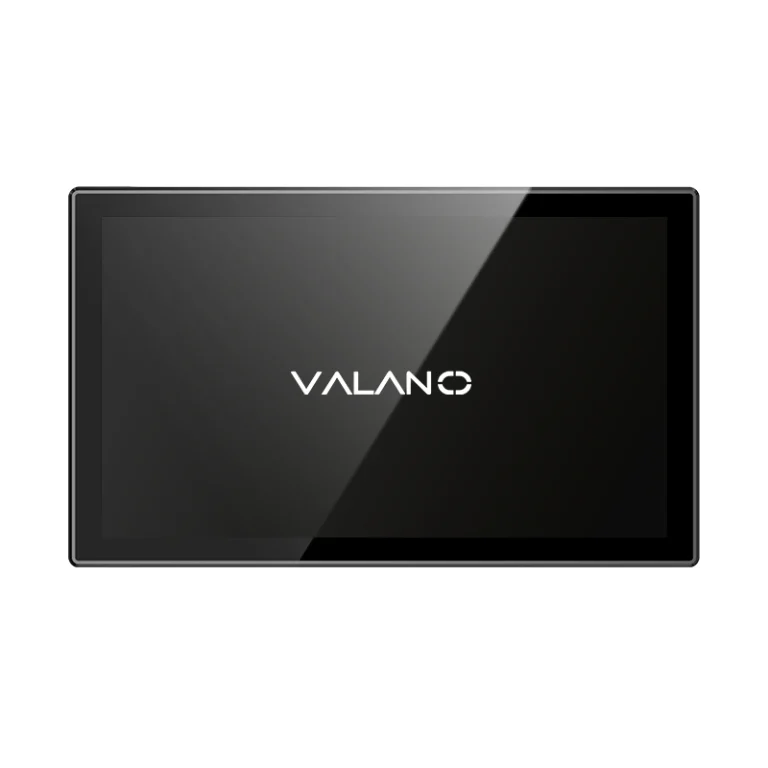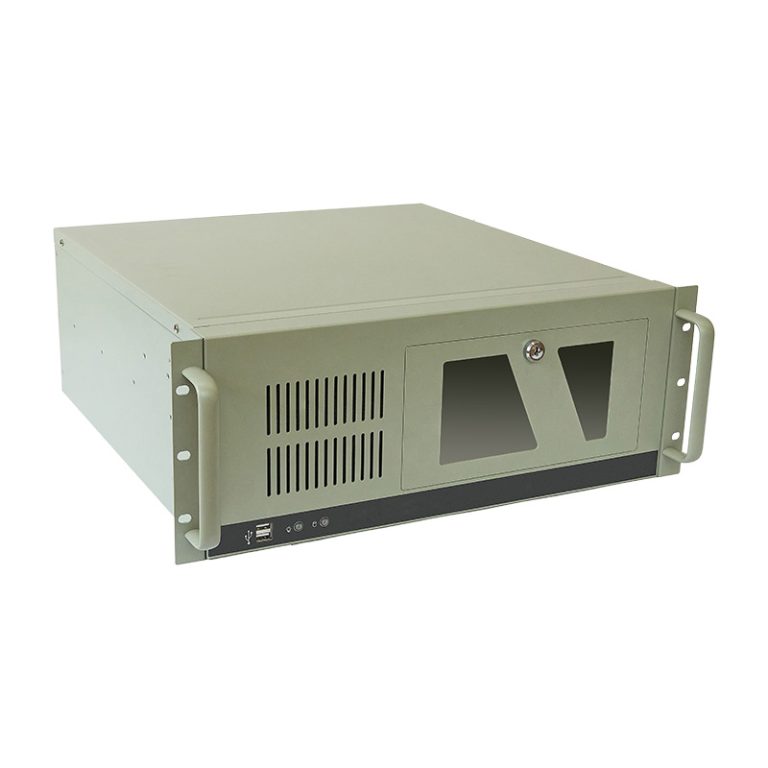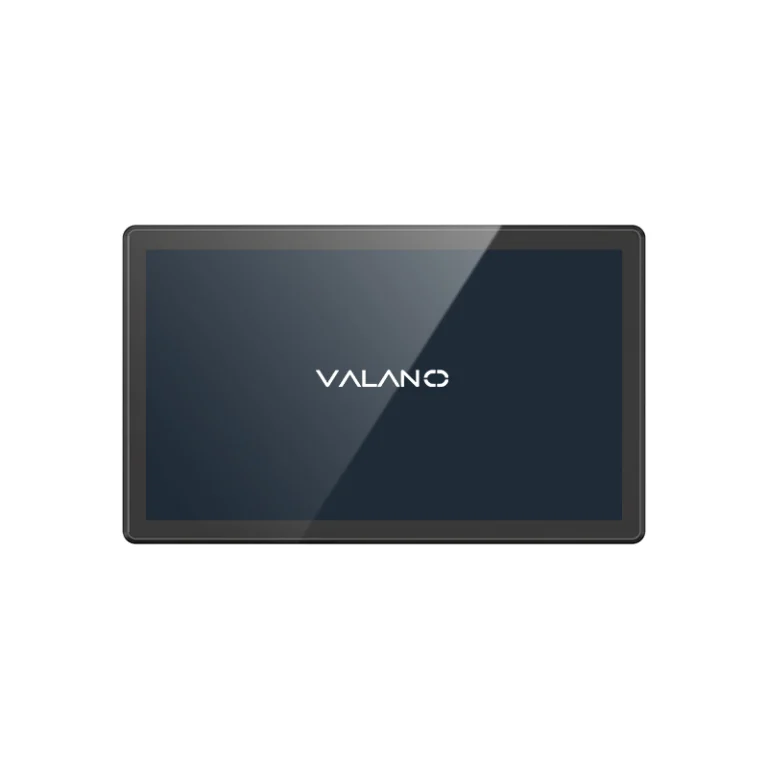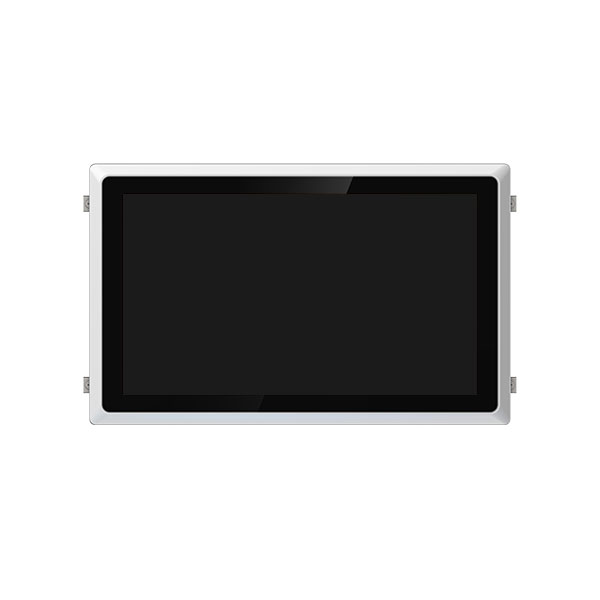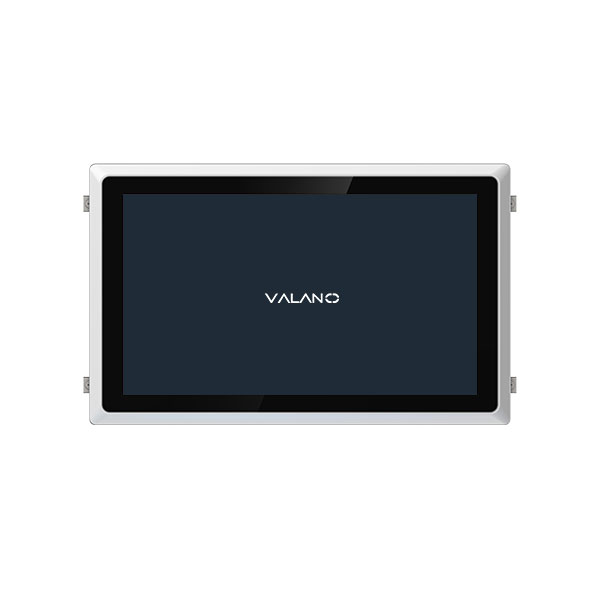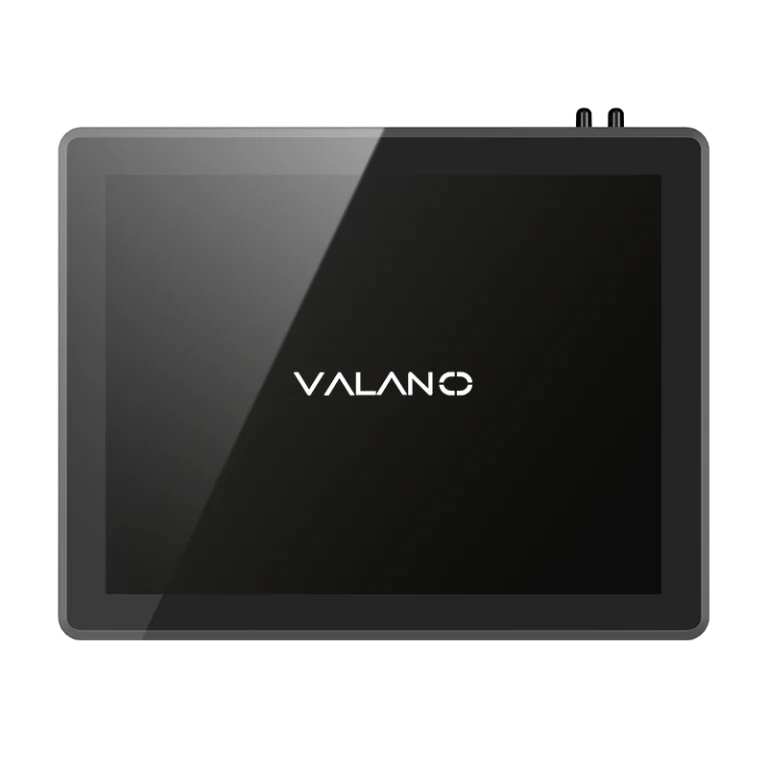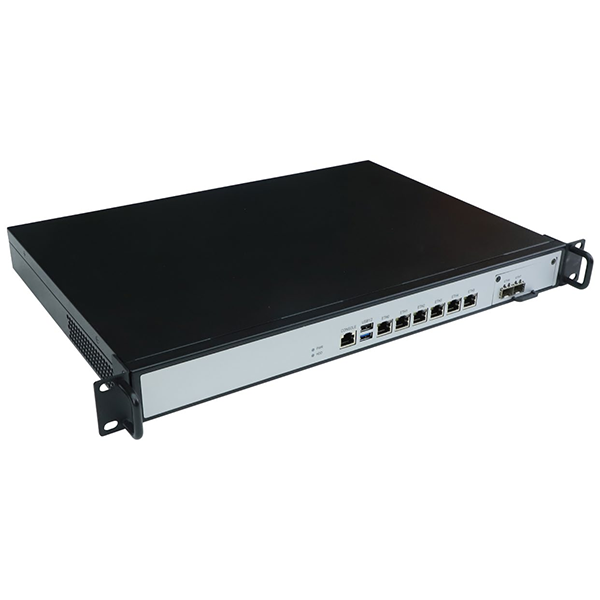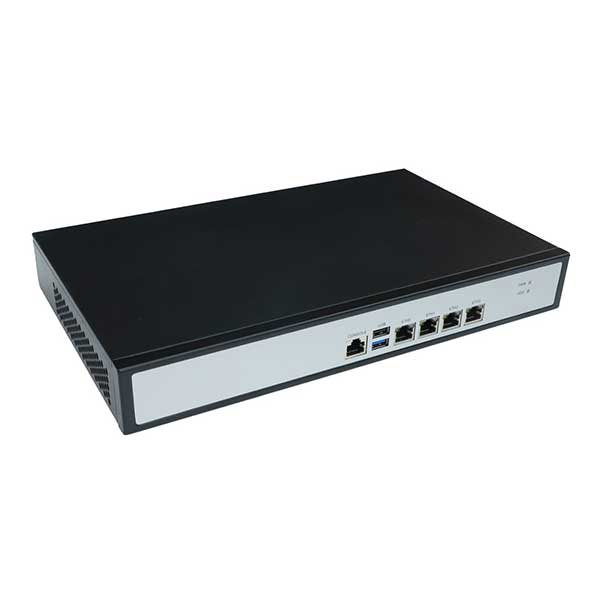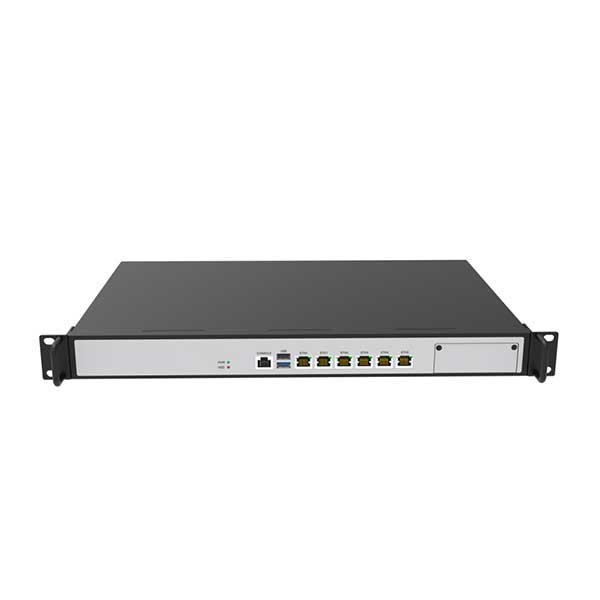Fanless cooling technology is revolutionizing the design of Industrial Panel PCs, enabling reliable operation in harsh environments without the need for moving parts. By efficiently managing heat through passive methods, these systems reduce maintenance, lower energy consumption, and extend device lifespan. Understanding the science behind fanless cooling is essential for selecting the right industrial PC and ensuring optimal performance in demanding applications.
Fanless Cooling Principles
Passive Heat Dissipation
Passive cooling uses natural processes to remove heat from electronic components. Industrial panel PCs rely on passive heat dissipation to keep temperatures low without moving parts. This method helps fanless systems operate quietly and reduces the risk of mechanical failure.
Heat Transfer
Heat moves through three main processes: conduction, convection, and radiation. Conduction transfers heat from hot components to cooler surfaces inside the panel PC. Convection allows air or other fluids to carry heat away from the surface, even in sealed systems. Radiation sends heat energy from the surface into the surrounding space.
- Fanless cooling relies on all three processes to keep temperatures safe.
- Passive cooling uses conduction and radiation most in sealed designs.
- Convection plays a smaller role when the chassis does not allow airflow.
Casing as Heat Sink
The outer casing of a fanless panel PC acts as a large heat sink. Designers use metals like aluminum to help with heat dissipation. The casing draws heat away from internal parts and releases it into the environment.
| Feature | Benefit |
|---|---|
| Metal casing | Improves heat dissipation |
| Large surface area | Supports passive cooling |
| Sealed design | Enables fanless technology |
Fanless technology depends on the casing to manage heat without fans. This design keeps dust and moisture out while maintaining effective cooling.
Fanless Panel PCs Cooling Features
Sealed Chassis Design
A sealed chassis protects internal components from dust, moisture, and airborne particles. Engineers design these enclosures to prevent contaminants from entering the system. This approach increases reliability and supports the use of fanless technology in harsh industrial settings.
Advanced Materials
Manufacturers select advanced materials to improve heat transfer. Metals like aluminum and copper conduct heat efficiently. These materials allow the casing to act as a heat sink, which is essential for fanless cooling.
- Aluminum offers a balance of strength and weight.
- Copper provides excellent thermal conductivity.
- Both materials help move heat away from sensitive electronics.
Engineers often combine these metals with special coatings. These coatings protect against corrosion and further enhance heat dissipation. The right material choice supports the effectiveness of fanless technology.
Thermal Interface Solutions
Thermal interface materials fill gaps between heat-generating components and the casing. These materials include thermal pads, pastes, and gels. They ensure efficient heat transfer by removing air pockets that can trap heat.
A good thermal interface solution lowers the temperature of processors and other critical parts. This step is vital for fanless systems because it maximizes the performance of passive cooling. Reliable thermal management helps prevent overheating and system failure.
Efficient Cooling Design
Component Placement
Engineers place heat-generating components near the chassis to improve heat transfer. This arrangement allows the casing to absorb and release heat efficiently. Careful placement supports fanless cooling by reducing hot spots inside the panel PC.
Surface Area Optimization
Increasing the surface area of the casing boosts passive cooling. Designers use fins, ridges, and textured surfaces to expand the area that contacts air. More surface area means more heat can escape from the panel PC.
- Finned casings help spread heat quickly.
- Textured surfaces increase contact with the environment.
- Larger surface area supports fanless technology in tough conditions.
A table below shows how surface area affects cooling efficiency:
| Surface Feature | Cooling Benefit |
|---|---|
| Fins | Faster heat release |
| Ridges | Improved airflow |
| Texture | Better heat spread |
Dust and Contaminant Protection
Fanless panel PCs use sealed designs to block dust and contaminants. This protection keeps internal parts clean and prevents damage. Without fans, there are fewer openings for particles to enter.
Efficient cooling design combines smart component placement, optimized surface area, and strong protection against contaminants. These features allow fanless panel PCs to work safely in industrial settings.
Industrial Performance
Harsh Environment Reliability
Industrial panel PCs with fanless cooling show strong reliability in tough settings. Sealed designs keep out dust, moisture, and chemicals. Embedded computers in these systems continue to work even when exposed to vibration or temperature swings.
Maintenance & Longevity
Fanless panel PCs need less maintenance because they have no moving parts. The sealed chassis blocks dust and debris, which helps prevent failures. Embedded computers in these systems often last longer due to fewer breakdowns.
A simple maintenance checklist for fanless panel PCs includes:
- Checking for physical damage on the casing
- Verifying that vents and surfaces remain clear
- Monitoring system temperatures
This approach supports durability and reduces downtime.
Energy and Noise Benefits
Fanless panel PCs use less power than systems with fans. This energy efficiency lowers operating costs and supports green initiatives. The absence of fans also means silent operation, which creates a quieter workspace.
A table below highlights key benefits:
| Feature | Benefit |
|---|---|
| Energy efficiency | Lower power bills |
| Silent operation | Less workplace noise |
| Durability | Fewer repairs needed |
Fanless cooling delivers reliable, durable, and efficient performance in industrial environments.
Fanless Panel PC Applications
Factory Automation
Factories use fanless panel PCs to control machines and monitor production lines. These computers work well in places with dust, vibration, and high temperatures. Engineers choose industrial fanless computers because they offer reliable cooling and do not need frequent maintenance.
Outdoor Use
Outdoor environments often have rain, dust, and extreme temperatures. Fanless panel PCs operate safely in these places because their sealed design protects internal parts. Many industrial applications require computers that can handle sunlight, moisture, and sudden weather changes.
A table below shows common outdoor uses:
| Application | Benefit |
|---|---|
| Traffic control | Reliable performance |
| Digital signage | Weather resistance |
| Security systems | Long-term durability |
Fanless technology allows these computers to work outside without overheating or failing.
Food and Pharma Processing
Food and pharmaceutical plants need clean and safe equipment. Fanless panel PCs support these industries by preventing dust and bacteria from entering the system. Their smooth surfaces and sealed chassis make cleaning easy and help meet strict hygiene standards.
Fanless panel PCs play a key role in many industrial applications. Their cooling design and sealed construction make them a smart choice for harsh and sensitive environments.
Recommendations
Fanless PC Selection
Industrial environments demand reliable computing solutions. When choosing a fanless panel PC, buyers should consider the operating conditions. They need to match the system’s specifications to the demands of the application.
A checklist can help guide the selection process:
- Assess the temperature range of the installation site.
- Check for exposure to dust, moisture, or chemicals.
- Review the required processing power and memory.
- Confirm compatibility with existing equipment.
- Evaluate mounting options and space constraints.
Key Criteria
Several factors influence the effectiveness of a fanless panel PC. Material quality plays a major role in heat dissipation. Aluminum and copper casings provide strong thermal performance.
The table below highlights important criteria:
| Criteria | Why It Matters |
|---|---|
| Thermal design | Prevents overheating |
| Sealed chassis | Blocks dust and moisture |
| Surface area | Improves passive cooling |
| Component placement | Reduces hot spots |
| Certifications | Ensures industrial reliability |
Buyers should also consider the ease of maintenance. Systems with accessible surfaces and simple cleaning procedures last longer. Energy efficiency and silent operation add value in many settings.
Conclusion
Fanless cooling technology enhances the reliability, durability, and efficiency of Industrial Panel PCs, enabling them to operate seamlessly in harsh, dusty, or temperature-sensitive environments. By leveraging passive heat transfer, optimized casing design, and advanced materials, these systems reduce maintenance, lower energy use, and extend device lifespan. Choosing a fanless panel PC ensures robust performance and long-term stability, making it an essential solution for modern industrial applications.







